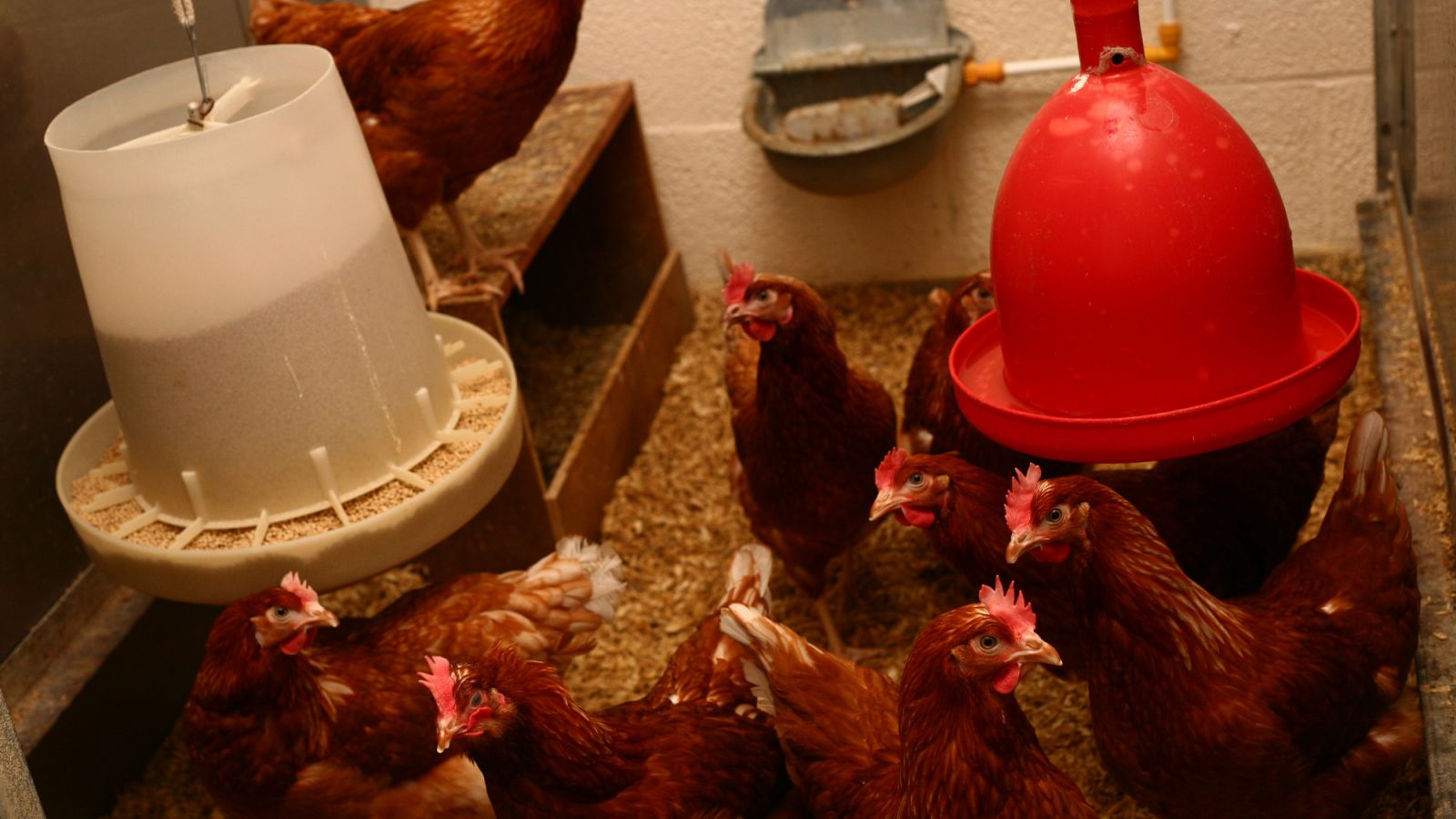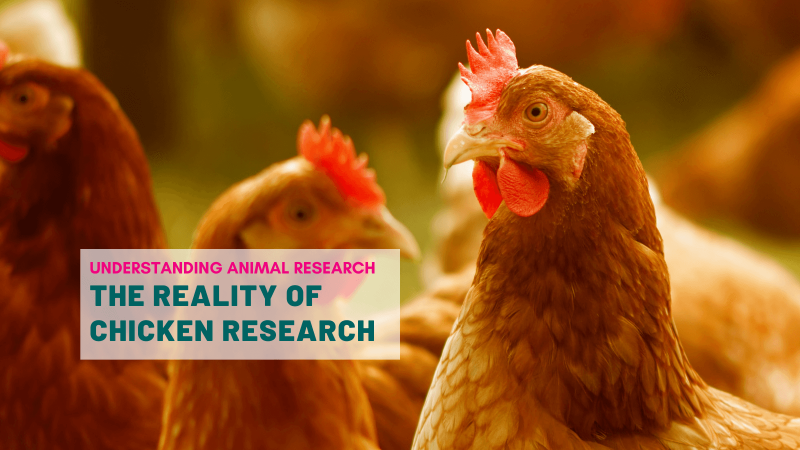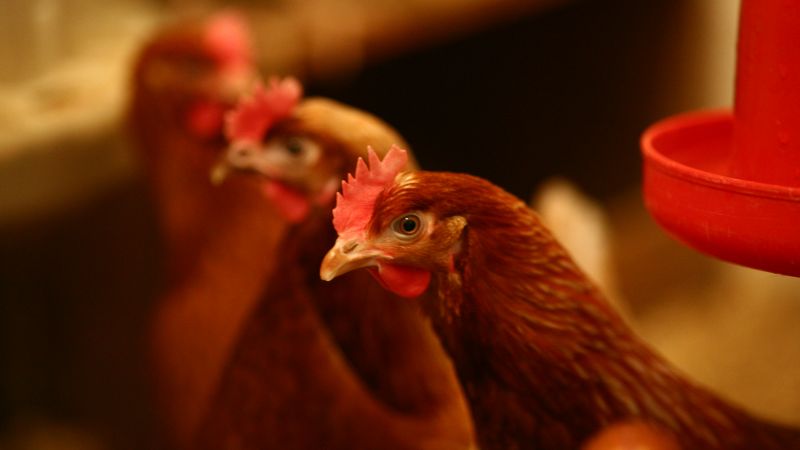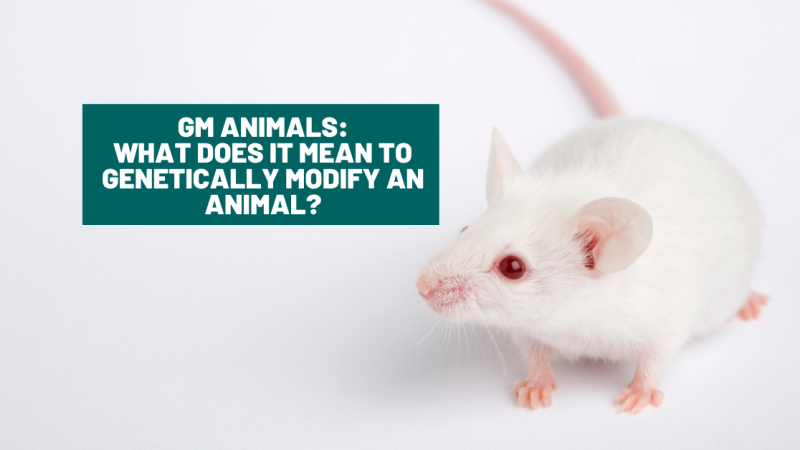 Bird flu epidemics could be prevented by GM chickens that stop the spread of flu to other birds.
Bird flu epidemics could be prevented by GM chickens that stop the spread of flu to other birds.
Scientists modified the chickens to produce small 'decoy' molecules that interfere with virus reproduction. Chickens can act as 'bridging hosts' that allow new strains of flu to be transmitted to humans. The GM chickens could prevent this, reducing the chance of human flu epidemics. The findings could also improve food security and the welfare of chickens by bringing bird flu epidemics under control.
Flu viruses spread inside a host by reproducing themselves. To do this they must replicate their genetic information using a replicating enzyme. The researchers interfered with this process in chickens by introducing a new gene that produces a small 'decoy' molecule. The decoy tricks the replicating enzyme to bind to it rather than the virus's genetic material, so stops the virus reproducing.
Researchers infected 10 GM chickens and 10 non-GM chickens with bird flu. They then exposed half of each set to both GM and non-GM chickens.
All non-GM chickens infected with flu died within five days, as did all chickens they were in contact with. The GM chickens also died after a few days, but they did not pass the infection onto any other chickens. So although the GM chickens can catch flu, they cannot pass it onto to other chickens.
The decoy molecule mimics part of the flu virus that is the same for all types of influenza A, and so prevents transmission of many strains of flu. Influenza A was responsible for the recent swine flu and bird flu epidemics as well at the infamous 1918 Spanish flu outbreak.
Conventional poultry flu vaccines, on the other hand, only protect against very closely matching strains of flu. As flu viruses constantly evolve this requires the regular development of new vaccines and widespread revaccination programmes. GM chickens may provide more protection against evolving flu strains than attempts to vaccinate poultry.
Read more about GM chickens here.
Last edited: 27 October 2022 18:32




